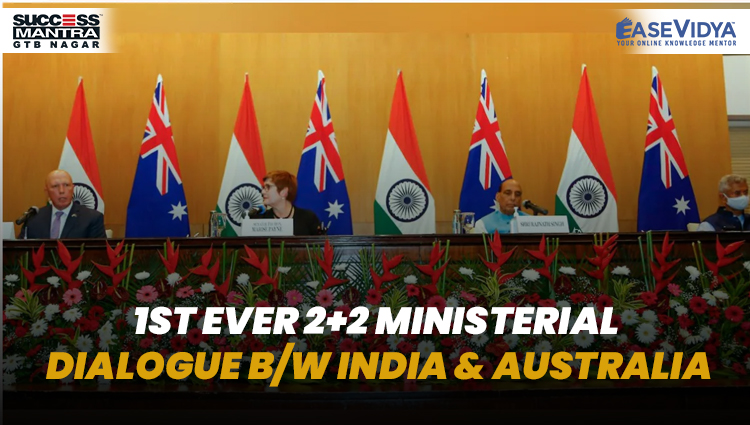
1ST EVER 2+2 MINISTERIAL DIALOGUE BETWEEN INDIA AND AUSTRALIA
1ST EVER 2+2 MINISTERIAL DIALOGUE B/W INDIA & AUSTRALIA
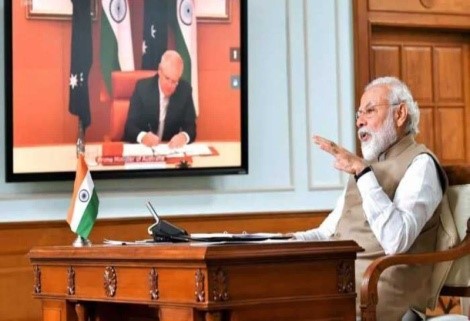
Recently, the foreign and defence ministers of India and Australia held the first India-Australia 2+2 Ministerial Dialogue in New Delhi. The inaugural dialogue is held in pursuant to the elevation of India-Australia bilateral relations to comprehensive strategic partnership during the India-Australia Leaders’ virtual summit in 2021.
Current Affairs Notes By Success Mantra Coaching Institute GTB Nagar Delhi CLICK HERE
KEY HIGHLIGHTS OF THE 2+2 DIALOGUE
- Focus on Indo-Pacific: To maintain an open, free, prosperous and rules-based Indo-Pacific region (in line with the United Nations Convention on the Law of the Sea (UNCLOS). To support India’s Indo-Pacific Oceans’ Initiative. Need for renewed efforts by the Quad member countries to expand cooperation in the region.
- Focus on Supply Chain Resilience Initiative: To work together through multilateral, regional and plurilateral mechanisms to diversify supply chains between trusted and reliable trading partners for critical health, technology and other goods and services. In this context, they welcomed the launch of the Supply Chain Resilience Initiative by the Trade Ministers of India, Australia and Japan.
- Keeping-up with the Momentum: Decided to meet at least once every two years in this format to keep up the momentum.
- Shared Vision on Afghanistan: Displayed a common approach to the Afghan crisis, after the recent Taliban takeover of Afghanistan. India held that the policy is summed up by the United Nations Security Council Resolution 2593. UNSC Resolution 2593, emphasises most of all, that Afghanistan must not allow its soil to be used in any manner by any body for terrorism.
- Countering Terrorism: To continue to work together on counter terrorism; countering of radicalization and on the proposed UN Comprehensive Convention on International Terrorism.
- Strengthening Bilateral Relationship: Discussed strengthening their relationship in bilateral trade, vaccines, defence production, community links, maritime security, cyber and climate cooperation.
- Cooperation on Covid-19: Agreement was reached to deepen cooperation in vaccine manufacturing, including under the Quad framework, and to deliver high quality vaccines to their Indo-Pacific partners. Researchers of both countries are working together to advance Covid-19 screening and study the future health effects of the virus through projects funded by the Australia-India Strategic Research Fund.
- Defence Relationship: Australia has invited India for participation in future Talisman Sabre exercises which will raise interoperability while both sides explore longer term reciprocal arrangements in logistics support.
- Economic Agreements: There was renewed support expressed for finalization of bilateral Comprehensive Economic Cooperation Agreement. Apart from this, both countries also pitched for early resolution of the issue of taxation of offshore income of Indian firms under the India Australia Double Taxation Avoidance Agreement.
- Others: While reaffirming support for the Indian candidacy for permanent membership of the UNSC, grants of Australian $ 1 million to the International Solar Alliance, and Australian $10 million to the Coalition for Disaster Resilient infrastructure (both India-led initiatives).
‘2+2’ DIALOGUE
2+2 Ministerial is the highest-level institutional mechanism between the two countries. It is a format of dialogue where the defence/foreign ministers or secretaries meet with their counterparts from another country. India holds such talks with Australia, Japan and the USA.
RELATIONSHIP BETWEEN INDIA & AUSTRALIA
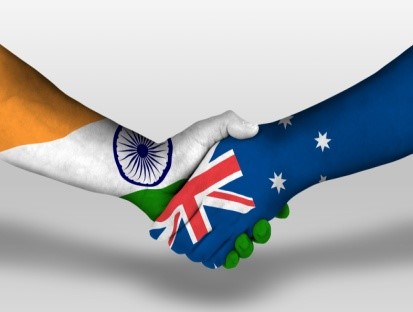
- Geo-Political Relations: Over the past few years, China’s actions– including extensive island building in the South China Sea has heightened concerns in a number of countries around the world. This has led to formation of Quad (India, Australia, Japan and US) grouping.
- Defence Relations: Bilateral naval exercise (AUSINDEX), Ex AUSTRA HIND (Bilateral Exercise with Army), EX PITCH BLACK (Australia’s multilateral air combat training exercise) and multilateral Malabar Exercise (comprising Quad countries). The countries have signed the Mutual Logistic Support Arrangement (MLSA).
- Multilateral Cooperation: Both are members of the Quad, Commonwealth, Indian Ocean Rim Association (IORA), ASEAN Regional Forum, Asia Pacific Partnership on Climate and Clean Development, and have participated in the East Asia Summits. Both countries have also been cooperating as members of the Five Interested Parties (FIP) in the World Trade Organization context. Australia is an important player in Asia Pacific Economic Cooperation (APEC) and supports India's membership of the organisation.
- Other Diplomatic Engagements: A Civil Nuclear Cooperation Agreement was signed in September 2014. The Mutual Legal Assistance Treaty (MLAT) and the Extradition Treaty, which were signed in June 2008. Further, recently India-Australia Circular Economy Hackathon (I-ACE) was also organised.
RELATED THINGS TO KNOW
QUADRILATERAL SECURITY FRAMEWORK (QUAD)
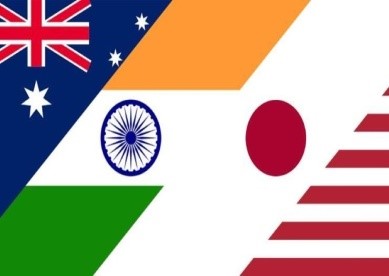
It is a four-nation alliance of India, Australia, USA and Japan which was established in 2007.
It is often dubbed as an "Asian" or "mini" NATO, and is viewed as a counterbalance to China's military and economic clout in the Indo-Pacific region. The 2020 US-China Economic and Security Review Commission shows China's growing power projection along the Indian Ocean rim with military or economic activities in countries like Pakistan, Sri Lanka, Maldives, Myanmar and Bangladesh. Interestingly, the QUAD, which used to be known as the quadrilateral security dialogue, is now known as the quadrilateral framework to indicate it has gone beyond a narrow security dialogue.
Evolution: The group, which began with an ambitious geostrategic vision 14 years ago, failed to take off initially due to hesitation among the four nations and objections by China. In December 2012, Shinzo Abe again floated the concept of Asia’s “Democratic Security Diamond” involving Australia, India, Japan and the USA to safeguard the maritime commons from the Indian Ocean to the western Pacific. In November 2017, India, the USA, Australia and Japan gave shape to the long-pending "QUAD" Coalition to develop a new strategy to keep the critical sea routes in the Indo-Pacific free of any influence (especially China). Since then, QUAD has taken several steps to bolster military and strategic ties with a series of working- and ministerial-level meetings.
Participation in Malabar Exercise: In 2020, all four QUAD Countries - Japan, India, Australia and the USA took part in the Malabar exercise. Malabar exercise is an annual trilateral naval exercise between the navies of India, Japan, and the USA which is held alternately in the Indian and Pacific Oceans.
PRAVAHINI Current Affairs Notes By Success Mantra Coaching Institute GTB Nagar Delhi CLICK HERE
ASIA-PACIFIC ECONOMIC COOPERATION
- Established: 1989
- Members: 21
- India is not a Member.
Member Nations: Australia, Brunei, Canada, Chile, China, Hong Kong, Indonesia, Japan, South Korea, Malaysia, Mexico, New Zealand, Papua New Guinea, Peru, Philippines, Russia, Singapore, Chinese Taipei, Thailand, Vietnam and the United States. Its 21 member economies are home to around 2.8 billion people and represented approximately 59% of world GDP and 49% of world trade in 2015.
India and APEC: India had requested membership in APEC, and received initial support from the United States, Japan, Australia and Papua New Guinea. Officials have decided not to allow India to join as India does not border the Pacific Ocean, which all current members do. India was invited to be an observer for the first time in November 2011.
Reasons for India to join APEC: India will be more integrated with the global economy since APEC economies constitute an important trading bloc in the world. It will help India bargain and negotiate a better deal with the countries of the Asia-Pacific region.
INDIAN OCEAN RIM ASSOCIATION (IORA)
It was established in 1997 and is a regional forum that seeks to build and expand understanding and mutually beneficial cooperation through a consensus-based, evolutionary and non-intrusive approach. IORA has 22 member states, including Australia, Bangladesh, Comoros, India, Indonesia, Iran, Kenya, Madagascar, Malaysia, Maldives, Mauritius, Mozambique, Oman, Seychelles, Singapore, Somalia, South Africa, Sri Lanka, Tanzania, Thailand, UAE, and Yemen. Its Secretariat is based in Cyber City, Ebène, Mauritius. It manages, coordinates, services and monitors the implementation of policy decisions, work programmes and projects adopted by the member states. The association gains importance by the fact that the Indian Ocean carries half of the world’s container ships, one-third of the world’s bulk cargo traffic and two-thirds of the world’s oil shipments. It is a lifeline of international trade and transport and the Indian ocean region is woven together by trade routes and commands control of major sea-lanes.










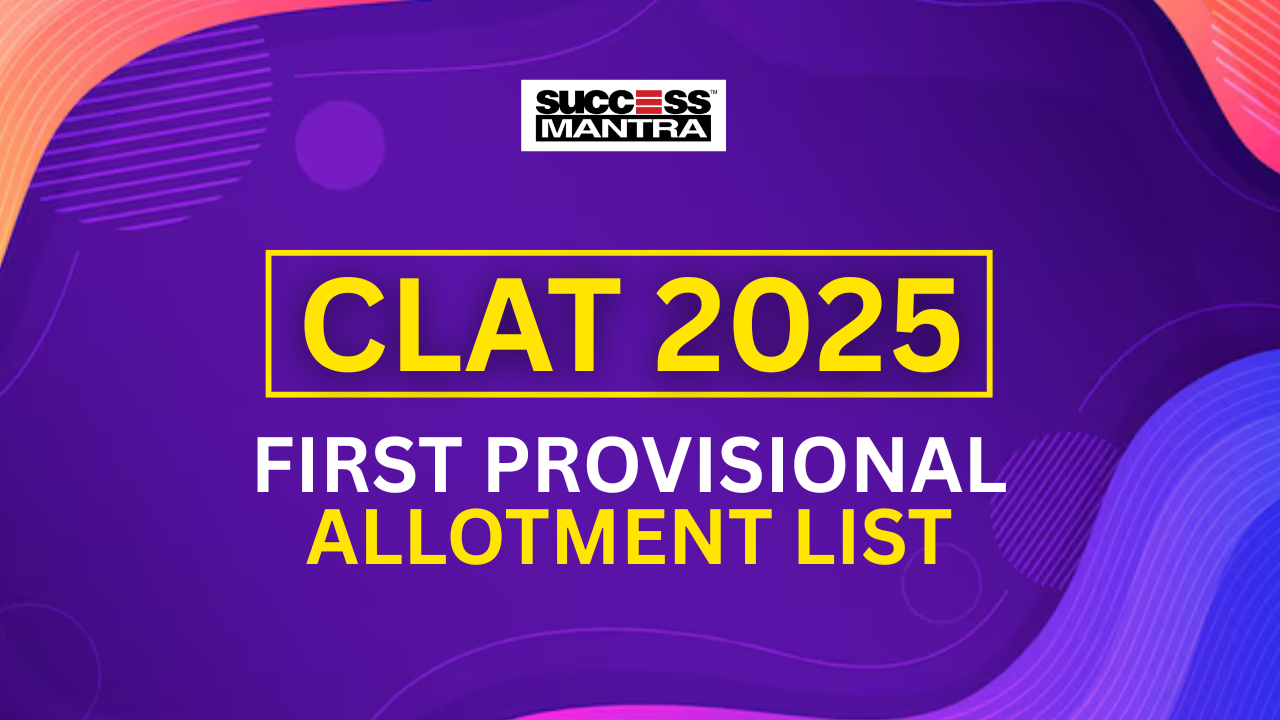


0 Comment